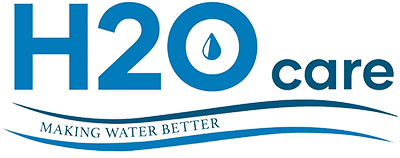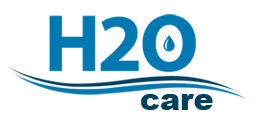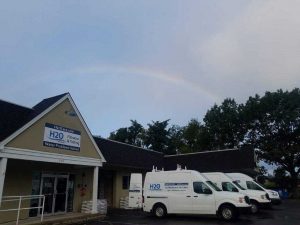
Whole House Water Filtration Solutions
Whole house water filtration systems will address various water quality issues experienced in New Hampshire. Matching the right technology and sizing the system to meet the water usage demands are key. Additionally, a professionally plumbed system is critical as well as maintenance of the system throughout the years. Accordingly, this will optimize the useful life and proper functioning of your new equipment for many years.
You may see symptoms of water quality issues such as bad odors & taste, staining of laundry, bathroom fixtures, etc. While these are indicators, the best starting point is to test and identify the minerals or contaminants in the water. Consequently, this will lead to an effective system recommendation and route to providing your home with excellent water quality.
WATER SOFTENER & OTHER FILTRATION SYSTEMS
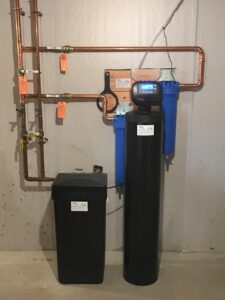
High Efficiency Water Softener
A water softener is a type of whole house water filtration system that is designed for removing hard water minerals (magnesium & calcium) as well as dissolved iron and manganese from the water. For water with high levels of iron or manganese (“the stainers”), an “up-flow” water softener is recommended to prevent mineral build-up in the bottom of the water softener. In addition, high efficiency water softeners that are more efficient with both water and salt usage are preferred.
WHOLE HOUSE WATER FILTRATION – Radon & Arsenic in private wells
Other contaminants found in New England well water include Radon and Arsenic. Radon in water is safely removed with an aeration system that agitates the incoming well water, releasing the gas from the water in a sealed chamber. This gas is then safely vented outside the home or building. See the link to the EPA information on radon in water, see https://archive.epa.gov/water/web/html/basicinfohtml.
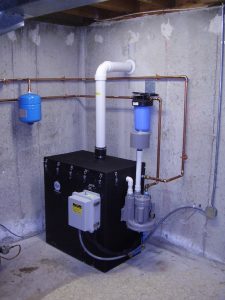
Radon in Water Filtration
Arsenic in water can be removed at the point of entry into the home by installing tanks filled with arsenic specific resin. Importantly, this approach captures the arsenic before it can get into the home’s water supply. In addition, point of use systems for drinking water can use reverse osmosis technology to effectively remove arsenic as well. Speak to a water treatment professional to decide which system is right for you.
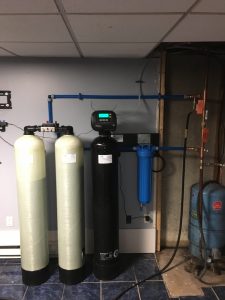
Twin Arsenic system with Ozone
BAD ODORS & TASTE, REVERSE OSMOSIS
Furthermore, there are many other types of systems to remove bad tastes & odors, sediment and other objectionable minerals and contaminants in the water. For example, reverse osmosis technology is a top rated approach to providing purified drinking water. See the link at https://h2ocare.com/reverse-osmosis-ro-water-purif/. For more on bad odors & taste in your water, see the link at https://h2ocare.com/bad-odor-taste/.
